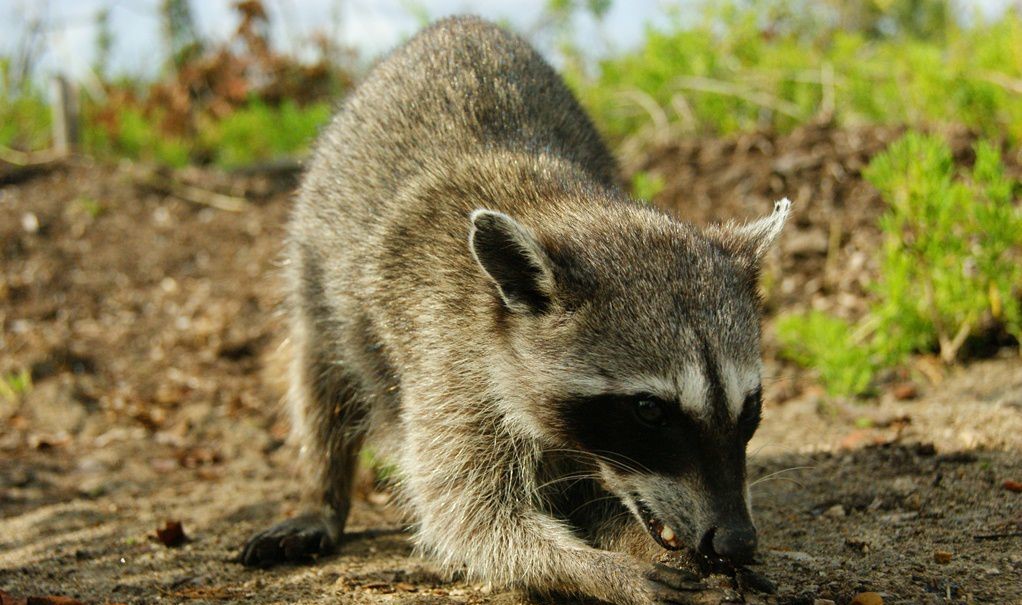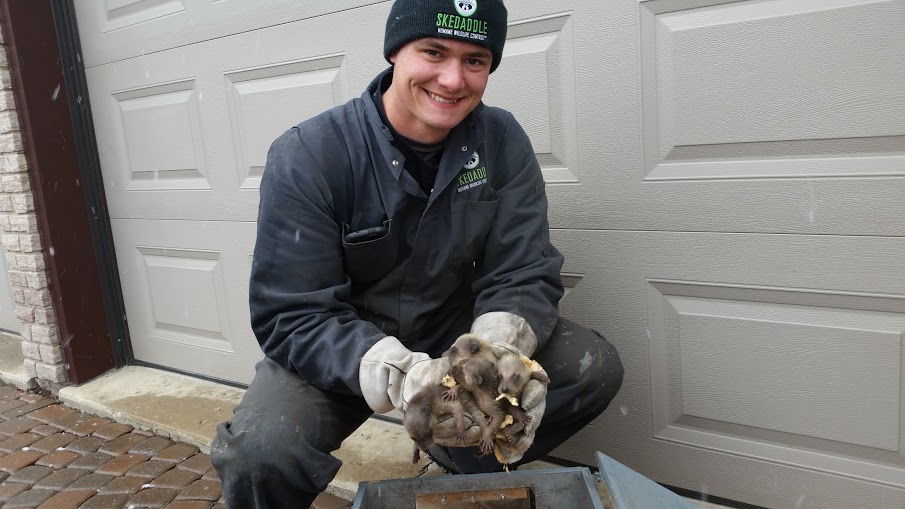When people think of pesky neighbourhood wildlife, raccoons are often the first animals to spring to mind, but the animal can also benefit many properties and areas. While you will want to contact raccoon removal in Okanagan if you find the animal nesting on your property, you might want to reconsider your overall frustration with the roaming critters once you discover the many benefits of raccoons.
1. Environmental Benefits
Raccoons serve a significant environmental purpose, and while it is not on the same level as bees, the animals do contribute to the spread and development of the environment. Raccoons eat a diet rich in nuts, berries, and fruit. They eat the entire item, including the seeds. The seeds remain in the animal’s system as they wander through neighbourhoods and woodlands until they finally expel them. It is not pollination, but it does help the environment.
Raccoons can also help support the world’s favourite pollinators by controlling the wasp population. Wasps are territorial and will kill bees invading their areas. Raccoons find wasp larvae delicious, which can control the size of wasp colonies.
Finally, like other foragers, raccoons dig for other favourite foods: worms, bugs, and ground-dwelling insects. The digging helps with soil turnover, promoting plant recruitment and decomposition.
2. Ecosystem System Benefits
Raccoons support a thriving and clean ecosystem. Besides helping spread plants and seeds and feeding on parasitic species, raccoons are scavengers and feed on carrion — the decaying flesh of dead animals. By consuming dead animals, raccoons help clean the local ecosystem.
Also, wasp larvae are not the parasitic species raccoons munch on. They also eat frogs, snakes, toads, and rats. Therefore, raccoons are also beneficial for keeping rodents and other wildlife problems under control in neighbourhoods and cities.
Finally, and sadly, raccoons play a critical role as prey to other animals. Hawks, owls, wolves, coyotes, and young snakes feed on raccoons. The beauty of the system is raccoons are both predators and prey, meaning they provide a balance to all local ecosystems.
3. Pest Control and Health Benefits
Before you think of how to get rid of raccoons, consider the many benefits they provide for the environment and ecosystem. The animals can also benefit more localized ecosystems, like your property. As a predator of mice and rats, the presence of a raccoon near your property could reduce the likelihood of infestations.
Also, because raccoons feed on carrion, they can help control the presence of roadkill in communities. Most likely, if an animal expires on the side of a road and a raccoon lives nearby, the carcass will soon disappear. Eliminating carrion is crucial to healthy neighbourhoods because carcasses tend to rot and bring disease. The sooner the bodies are eliminated, the better for the community and environment.
Finally, raccoons help control the insect population around houses and cities. The animals happily feast on earthworms, June bugs, spiders, etc.

Raccoons provide many benefits for the environment, ecosystem, and neighbourhoods where they roam. While the amount of disgust for these amazing animals is understood because of their destructive nature, people should not jump right to hatred. Without raccoons, food chains and ecosystems would be thrown out of whack, so appreciate the animal for what it is and what it does.
That said, you do not want raccoons nesting or building dens on your property. The animals can cause significant property damage while looking for a den site or searching for food or alternative shelter.
If you believe you have a raccoon living on your property or suspect one might be living in your house or another structure on your property, contact Skedaddle Humane Wildlife Control and schedule a property assessment with trained wildlife technicians.



